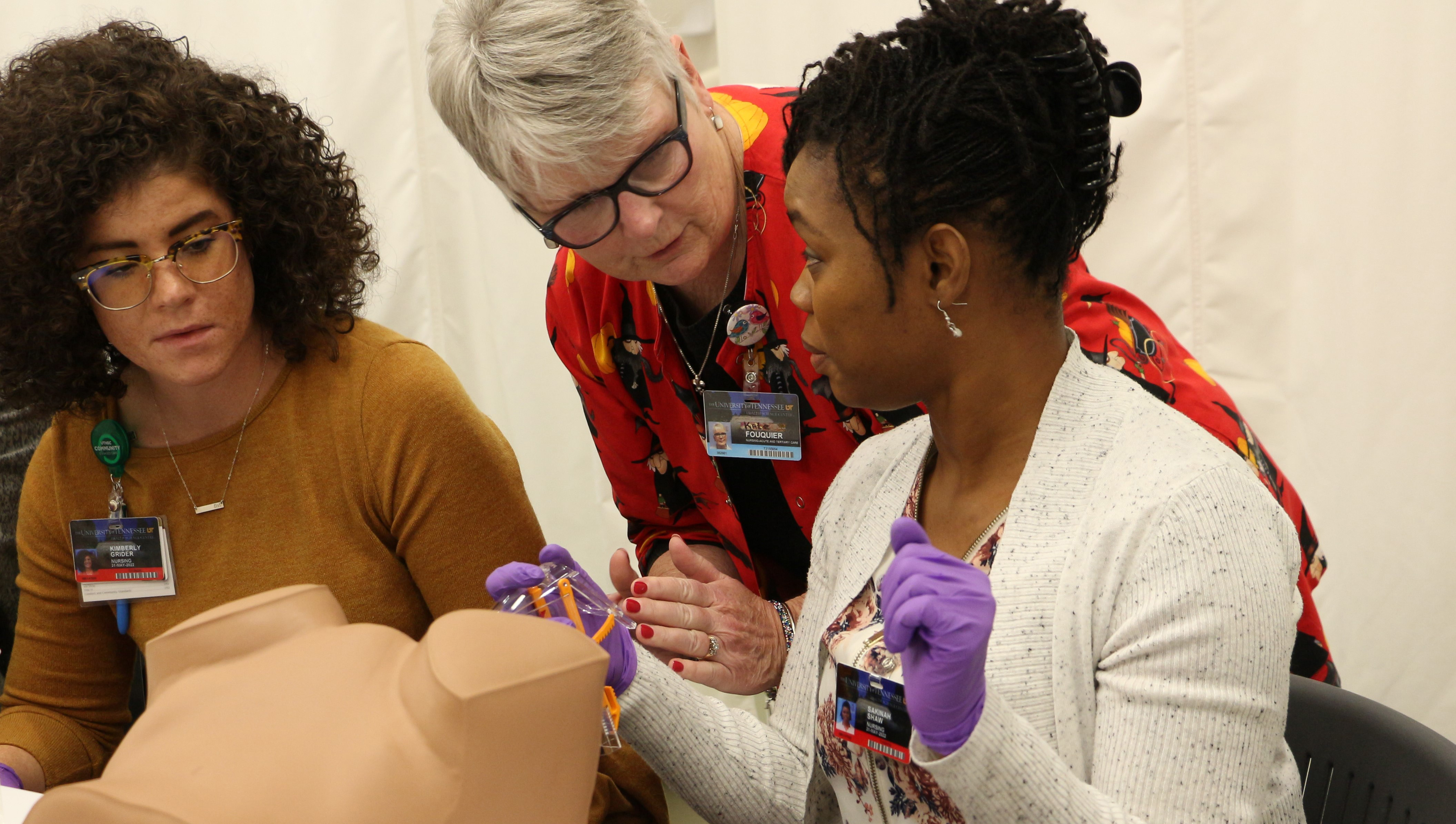DOI
10.21007/con.dnp.2023.0057
Faculty Advisor
Sharon Little, DNP, APRN, FNP-BC
Clinical Site
University of Tennessee Health Science Center
Document Type
Poster
Publication Date
Summer 4-27-2023
Disciplines
Medicine and Health Sciences | Nursing | Psychiatric and Mental Health Nursing
Abstract
Background: Emergency department visits for mental health disorders have increased over the years due to insufficient mental health resources. The number of ED visits for mental health disorders rose from 1.4 to 2.5 million per year in the US. Therefore, mental health patients being seen by ED physicians are more likely to have longer lengths of stay, an increase in hospital admission, and high recidivism rates. Purpose: In this scoping review, we wanted to determine the role of telehealth on ED mental health patients. outcomes regarding how telehealth can reduce the number of admissions, length of stay in the ED, dispositions of patients with mental illness complaints, the cost-effectiveness of telehealth, and patient and staff satisfaction were reviewed. Method: We collected data using The University of Tennessee Health Science Center (UTHSC) online Library, and we obtained articles using CINAHL Complete, Medline, and PubMed. The eligibility criteria were studies conducted in English, subjects greater than 18 years of age, meet DSM criteria for mental health diagnosis, and no limit on gender, race, and ethnicity. Participants must be able to consent. Result: Data from 11 articles published from 2012 to 2020 was collected. Decreased length of stay, improved patient outcomes, decreased healthcare cost, and reduction in readmission/revisit rates were the most frequently reported findings. Implications for Nursing Practice: Results of this scoping review showed improved patient outcomes and decreased readmission/revisit rates when patients with psychiatric illness were seen by a psychiatric physician via telehealth in the Emergency Department. This practice can be standardized and utilized to yield similar results to the literature review. Additional research is necessary to assist in the development of healthcare resources that will provide patients who suffer from mental illness with the care they deserve.
Recommended Citation
Pride, Lekisha C.; Bradley, Taylor B.; Porter, Michelle R.; and Little, Sharon DNP, APRN, FNP-BC , "Telehealth by Certified Psychiatric Providers Compared to Emergency Department Healthcare Providers on Psychiatric Patient Outcomes: A Scoping Review" (2023). Doctor of Nursing Practice Projects. Paper 57. http://dx.doi.org/10.21007/con.dnp.2023.0057.
https://dc.uthsc.edu/dnp/57


